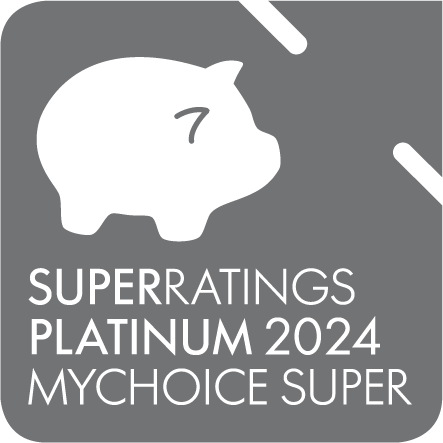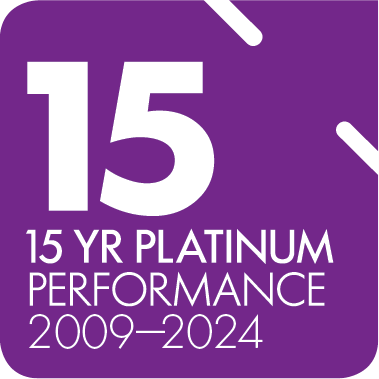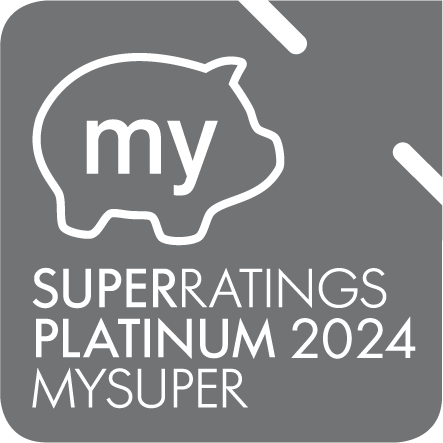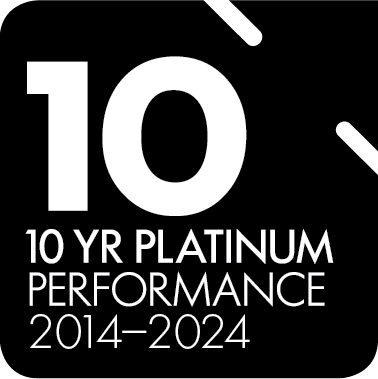COVID-19 and your tax return

Have you worked from home at some point during the past year? You may have some unexpected tax deductions coming your way.
According to research, 4.3 million Australians have set up home offices during the COVID-19 pandemic. That’s roughly 30% of the working population.
Whether it’s a kitchen benchtop, or a dedicated space, working from home comes with its own unique expenses. This has been acknowledged by the Australia Taxation Office (ATO), which has updated its rules, and made it easier for people to claim tax deductions for their home office arrangements.
With tax time around the corner, here’s what you need to know about deductions, and what that could mean for your hip pocket.
Things you can claim
Let’s start with the basics. What can you claim if you’re working from home? The following list captures the main expenses:
- Electricity bills associated with heating, cooling and lighting bills,
- Depreciation of home office equipment and computers,
- Depreciation of home office furniture,
- General office supplies (printer ink, stationary etc.),
- Phone (mobile and/or landline) and internet expenses,
- Costs of cleaning your home working area.
Note that small capital items, such as office furniture and computer equipment costing less than $300, can be claimed in full for that year.
Things you can’t claim
Here’s the bad news. You can’t claim biscuits, coffee or other office staples as a tax deduction.
More significantly, the cost of home schooling your kids isn’t covered. Which means buying them an iPad, setting up an appropriate working space for them, or any associated costs aren’t eligible.
You also can’t claim for general occupancy items. In other words, rent, interest on your mortgage and council rates are not covered.
How to calculate tax deductions
There are three options when it comes to COVID-19 working from home deductions.
Shortcut method:
As the name suggest. This is the easiest way to calculate your expenses. It’s based on a flat 80 cents per hour worked from home. If you opt for this method, you can’t claim any other individual working from home expenses.
The shortcut method covers any period from 30 March 2020 until 30 June 2021.
Note that you’ll need to have some record of the hours worked. The ATO suggests timesheets, a roster, a diary or other documents that set out the hours you worked from home.
Fixed rate method:
The fixed rate method is basically a hybrid approach.
It allows you to claim a fixed 52 cents per work hour while also claiming for additional specific costs. That means you can put in separate claims for things like phone expenses, internet expenses, office products and a decline in the value of equipment, e.g., laptops.
Like any other tax deductions, you’ll need to keep records of your costs and hours worked, etc.
Actual cost method
If you have significant running expenses while working from home, you may prefer to take a real dollar cost approach to your tax deductions. In other words, you’ll claim for specific costs, rather than a flat hourly expense.
These expenses will be the same as those we outlined earlier, e.g., depreciation of home office furniture, stationary, etc.
A gradual return to normal
While many organisations are encouraging their employees to come back to the office, it’s likely that there’s still a long way to go before we’re all back at our desk. For many people, 2021 will see a gradual return to work, with 2-3 days in the office and the rest at home.
If that sounds familiar, just remember you have additional tax deductions you may be eligible for. You can find out more via the government’s website or by speaking to your accountant.
Meanwhile, a financial planner can help you better understand your options and recommend the best way to structure your finances. Equip members can speak to one of our financial planners at no additional charge for the initial appointment.
Find out more about our financial planning services.
Issued by Togethr Trustees Pty Ltd ABN 64 006 964 049, AFSL 246383 ("Togethr"), the Trustee of Equipsuper ABN 33 813 823 017 ("Equip Super"). The information contained is general advice and information only and does not take into account your personal financial situation or needs. You should consider whether this information is appropriate to your personal circumstances before acting on it and, if necessary, you should seek professional financial advice. Where tax information is included, you should consider obtaining taxation advice. Before making a decision to invest in Equip Super, you should read the Product Disclosure Statement (PDS) and Target Market Determination (TMD) for the product which are available at equipsuper.com.au. Financial advice may be provided to members by Togethr Financial Planning Pty Ltd (ABN 84 124 491 078 AFSL 455010) – a related entity of Togethr. Past performance is not a reliable indicator of future performance.










